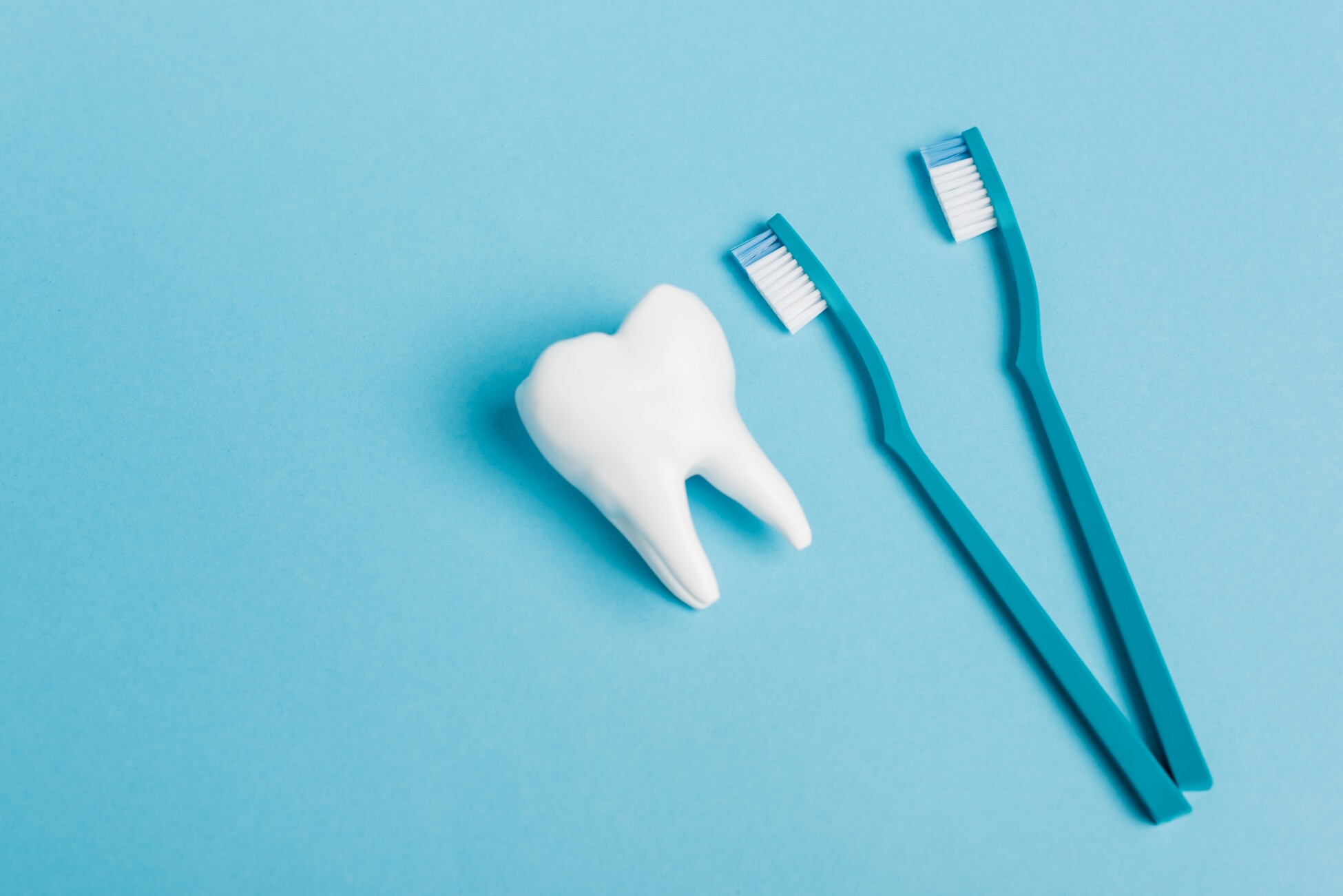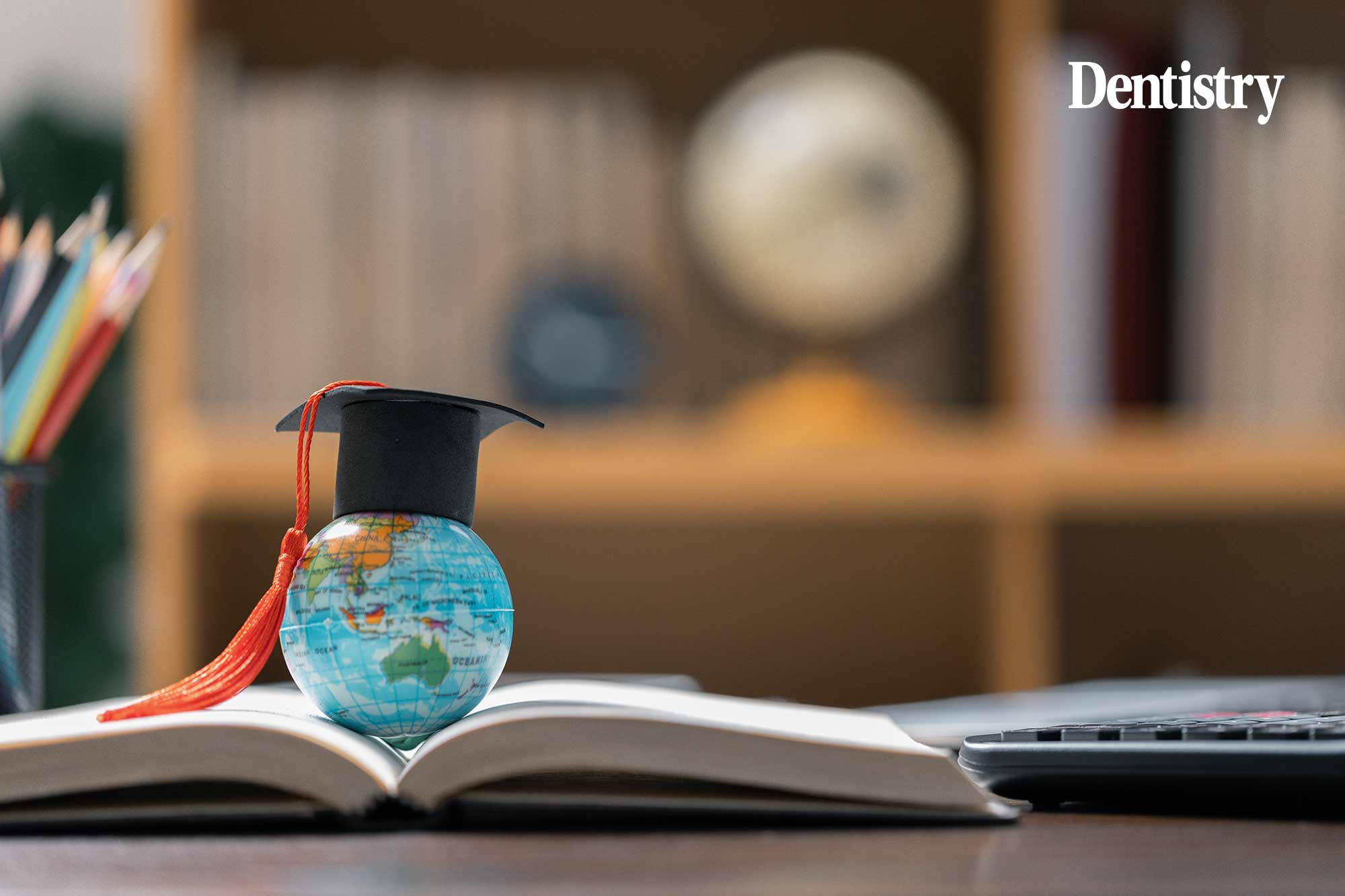
Dentistry
Dentistry deals with the oral health, encompassing the diagnosis, prevention, and treatment of oral diseases and conditions.
Dentistry deals with the oral health, encompassing the diagnosis, prevention, and treatment of... View more
‘A voyage of self-discovery’: dentistry and studying abroad
-
‘A voyage of self-discovery’: dentistry and studying abroad

After studying dentistry in Spain, Anmol Gill reveals her top tips for attending university abroad, and why it was such rewarding and enriching experience.
Studying dentistry abroad, particularly in Spain, was a leap out of my comfort zone. But it turned out to be the best decision I’ve made. Despite being a homebody, the experience pushed me to grow personally and professionally in ways I never imagined possible.
Instead of solely focusing on academics, I found myself immersed in a new culture, acquiring language skills and building a global network. The challenges of studying abroad forced me to adapt quickly, leading to significant personal growth and independence.
While daunting at first, I shortly learnt that this was all part of the journey, as every day presented opportunities to learn valuable life skills. The cultural immersion and exposure to new perspectives from mixing with people from all over the world enriched my educational experience and broadened my personal brand.
I believe having more global views is an incredibly important skill in the world we live in today. Studying abroad not only equipped me with the necessary skills but also shaped me into a more adaptable, independent and globally-minded individual – especially in the growing diverse society.
This balance between academic rigour and extracurricular exploration fosters personal growth, resilience and unforgettable memories.
Additionally, while going to university will build a person’s independence, I believe moving abroad builds independence from a more adult perspective. For example, it involves getting around a city with different transport systems, communicating with locals, understanding how a different country works, becoming familiar not only in a new town but a new country, and essentially doing day-to-day things in a foreign speaking country, completely alone.
‘Harmonious blend’
All of this has excelled my self confidence and in all honestly, I am now a braver person. I feel I can find my way through almost any situation that is thrown at me.
Studying in Spain offers a harmonious blend of academic challenges. Amidst rigourous coursework, I enjoy the excitement of exploring a new country, experiencing its vibrant culture and savoring every moment as if on a perpetual holiday. This balance between academic rigour and extracurricular exploration fosters personal growth, resilience, and unforgettable memories.
Spain in particular has proven to me to be in the lead for its party culture, the positive aura of the people, the never ending rooftops and fusion restaurants – and, of course, the weather!
Selecting
Selecting the ideal course and university abroad boils down to personal preferences and practical considerations. Visa requirements and language proficiency are crucial factors. Assessing how frequently you plan to travel home and the career trajectory aligned with the chosen course are also pivotal.
Another factor to take into account is your preferred location whether you prefer a busy city, more tourist environment or a more rural and peaceful location. Me personally wanted a blend of learning about one of the worlds biggest cultures whilst also being able to be in a tourist rich and cosmopolitan location where I can balance a new environment but also city life similarities, being from London.
Ultimately, the decision should align with both academic goals and lifestyle preferences, ensuring a rewarding and enriching experience studying abroad.
Admission
For the application process it is becoming increasingly competitive due to the demand and interest from the UK students. From experience my advice would be to go through this process with an agency who can help and guide you throughout the process depending on the chosen university and country.
Universities will require A level prediction grades or grades that will be converted into a score equivalent to a spanish diploma (if Spain is your chosen country) this will account for 80% of the selection criteria, and remaining 10% for English knowledge and 10% for spanish knowledge. However, when applying, little to very little Spanish knowledge is acceptable as most courses will include Spanish lessons.
There will also be a couple of online tests to be completed but no need to prepare for an entrance exam or an interview. It is also important to know there will usually be a language exam before entering clinical years to ensure you can communicate with patients.
Returning to the UK
The commonly asked question… ‘But what happens when I return to the UK?’
Anyone graduating in the EU and registering before 2028 will be accepted back in the UK on the same basis as currently. It is possible that registration requirements may change but we are unlikely to know how as this current time.
However, the ongoing recruitment crisis in the UK is likely to mean that British nationals returning to the UK won’t face any serious obstacles.
The following is from the GDC in June 2023: ‘The continuation of the automatic recognition of European dentists’ diplomas means that the process for those dentists to join the UK register will remain, including checks on language, health and character. The announcement will also reassure those who have left the UK to study dentistry in Europe that their qualification will be recognised in the UK when they return.’
Additionally, Stefan Czerniawski, executive director, said: ‘We are pleased that the government has agreed with our arguments that the current arrangements for recognising European dental qualifications should continue for the time being.
‘Although in the longer term we believe there is a strong argument for a single approach to international registration, now is not the time to disrupt the flow of new entrants to the UK dental workforce.’
Legal considerations
When moving abroad is it also important to consider any legal requirements such as passport validity and visa requirements depending on the country (in my case for UK citizens studying in Spain it will be required to obtain a TIE card in which you can start the application for once you arrive here). Additionally health insurance and vaccinations.
Pitfalls
Embarking on this journey abroad is an exciting yet challenging endeavour, often accompanied by commonly overlooked pitfalls. One such hurdle is the language barrier, which can initially seem daunting. I had my moments in situations where I would not understand a thing and felt I couldn’t get through it.
However, I tried and continued to persevere. At school, I found myself hating studying languages and never thought one day I would be nearly fluent in a new language.
I found learning a language in order to genuinely communicate with people and patients is a much more enjoyable then studying for your GSCE exam with your textbooks and high school teachers. I picked up the language smoother and faster then I excepted and now I am in such a fortunate position to be able to speak the world’s second most spoken language alongside my dental degree.
Smoother transition
Another pitfall is the adjustment period, which may take longer than expected, especially compared to the familiarity of studying in the UK. It’s essential to stay motivated and remember that everyone’s journey is unique, with inevitable ups and downs wherever in the world you may be. Patience is key, as eventually, everything falls into place.
It’s also crucial not to idealise the experiences people may be having back at home, falling into the trap of believing the grass is greener on the other side. Effort and positivity are essential ingredients for success, regardless of the location – the grass will be greener on the side you water.
Furthermore, prospective dentistry students should be aware that the final clinical years, involving patient interaction, may require proficiency in the country’s native language. Even if the degree program is conducted entirely in English, fluency in the local language, like Spanish in my case, is often expected when communicating with patients. Being prepared for this linguistic requirement ensures a smoother transition into clinical practice.
Hints and tips
- If I could give any hints and tips I would 100% recommend a language tutor so you can learn on your own terms and have a head start
- Always keep a positive outlook and stay motivated as with every challenging career there will be good and bad days
- Look into your chosen university and understand how they teach their course and requirements during your course (exams, passmarks, credits etc) and make sure you understand and are happy with their methods of teaching the course – as you would do with any university in the UK
- When you get to your location start with an open mind, be excited for new experiences and opportunities, and be sure to get involved.
Looking back, I realise that those years abroad were not just about earning a degree; they were about personal transformation. The friendships forged, the challenges overcome, and the experiences gained have left an indelible mark on my life.
Studying abroad was more than just an educational journey; it was a voyage of self-discovery and personal development that I wouldn’t trade for anything.
Follow Dentistry.co.uk on Instagram to keep up with all the latest dental news and trends.
Sorry, there were no replies found.
Log in to reply.
